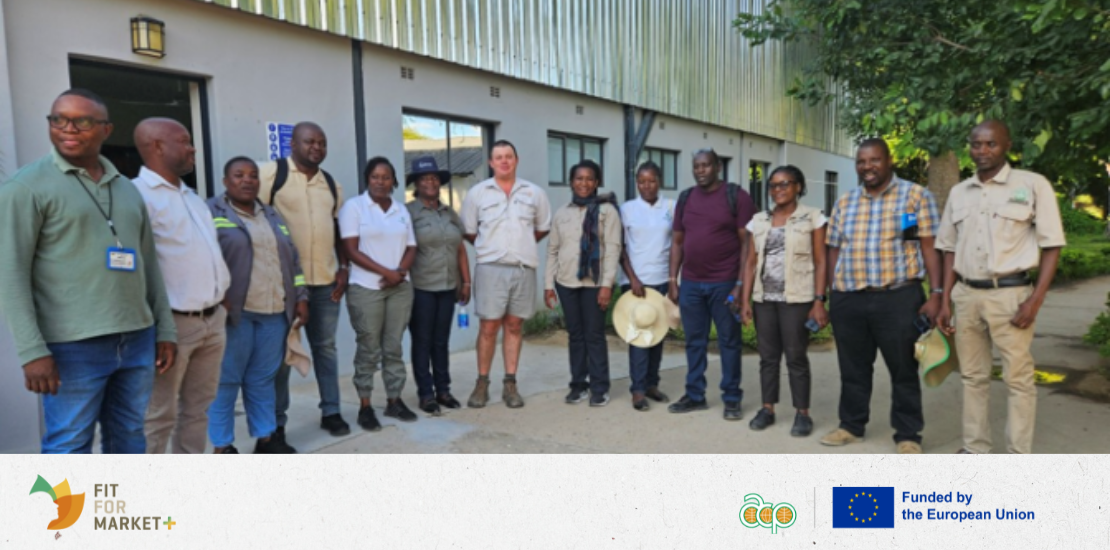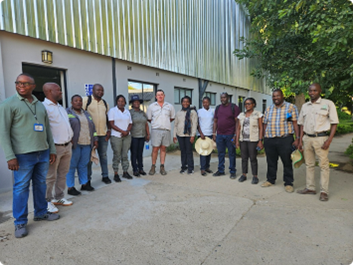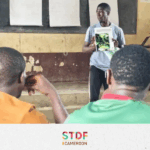- 08/04/2025
- Posted by: Sandra Borma
- Category: News

As part of the FFM+ programme, a successful pilot internal audit mission was conducted with the National Plant Protection Organisation (NPPO) of Zimbabwe. This initiative represents a significant step forward in strengthening plant biosecurity and facilitating trade in the country.
Over the course of three days, the team combined field visits to citrus production and processing facilities (two days) with analysis and reporting at NPPO border offices (one day). The goal: to establish an efficient and sustainable internal audit system based on local expertise.


Concrete and promising results
The mission achieved several key results:
- Strengthened internal audit system: A robust framework was developed, including clearly defined roles, risk assessments, annual planning and quality assurance protocols.
- Capacity building: Practical coaching and constructive feedback was provided to NPPO staff to strengthen their internal audit skills.
- Process improvement: Existing practices were analysed and recommendations made to ensure more effective and sustainable implementation.
- Institutional commitment: Strong support from NPPO leadership was secured, ensuring the longevity of the newly established audit system.
A strategic lever for international trade
This pilot project represents a strategic lever for improving plant health in Zimbabwe and facilitating access to regional and international markets. It reflects the NPPO’s commitment to meeting global phytosanitary standards and contributing to the fight against plant pests.
Congratulations to all stakeholders on reaching this important milestone!
 This activity is supported by the Fit For Market Plus (FFM+) programme, implemented by COLEAD within the Framework of Development Cooperation between the Organisation of African, Caribbean and Pacific States (OACPS) and the European Union. This publication receives financial support from the European Union and the OACPS. The content of this publication is the sole responsibility of COLEAD and can in no way be taken to reflect the views of the European Union or the OACPS.
This activity is supported by the Fit For Market Plus (FFM+) programme, implemented by COLEAD within the Framework of Development Cooperation between the Organisation of African, Caribbean and Pacific States (OACPS) and the European Union. This publication receives financial support from the European Union and the OACPS. The content of this publication is the sole responsibility of COLEAD and can in no way be taken to reflect the views of the European Union or the OACPS.





